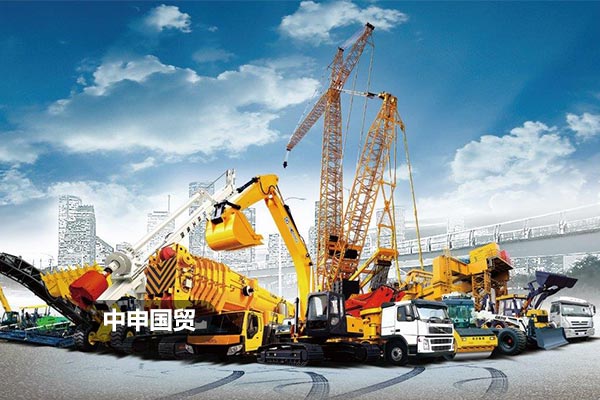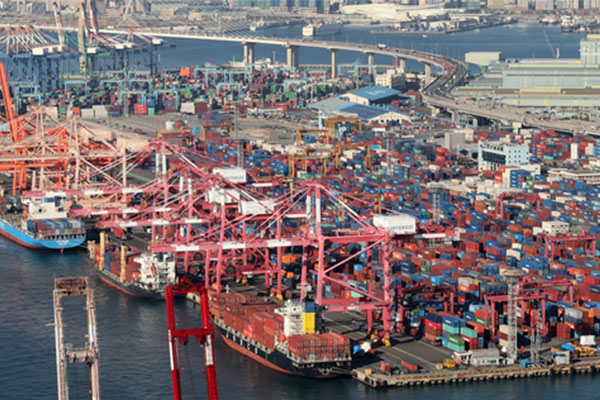- Zhongshen (Shanghai): 20 years of experience in foreign trade.
- Service Hotline: 139 1787 2118
DoForeign tradeSurely, many of our friends have encountered this situation: after finally obtaining the ISO 9001 certificate, the factory feels quite confident about its credibility, only to have the client say, "Hmm, I'm not entirely reassured by your certificate. We still need to hire a third party to conduct a factory audit." At this point, it's natural to have a few small doubts—how much does the factory audit actually cost? Will it be a hassle for the factory to prepare? And who exactly foots the bill? Don't worry, today we're going to clear up all these questions.

Why do customers insist on third-party factory audits?
Actually, when clients insist on third-party factory audits, it's not about deliberately making things difficult—there's reasoning behind it. For instance, they might suspect the credibility of the certificates held by the factory and want an impartial institution to verify them. Alternatively, they may have exceptionally high quality standards, treating the audit as an extra layer of assurance. Or, it could simply be about compliance, minimizing potential risks in supplier partnerships. Particularly for those extremely meticulous clients, they might even send their own personnel to oversee the process, turning the entire procedure into a rigorous exam-like scenario.
What are the costs involved in factory audits?
When it comes to the cost of ISO 9001 factory audits, it's not a fixed number—it depends on factors like the factory's scale, business complexity, location, and the chosen third-party agency. However, it can generally be broken down into several components:
- Costs during the preparation phase: If the factory feels its system is not yet fully developed, it may need to hire a consultant to help streamline the process. This cost includes the consultant's fees, as well as potential travel, accommodation, and meal expenses.
- The cost of the factory audit itself: A third-party organization will certainly charge a service fee for conducting the audit. If the factory inspection is passed, additional payment is required to obtain the new certification.
- Subsequent maintenance costs: ISO 9001 is not a one-time effort; it requires annual review, which is also a fixed expense.
How much does it cost exactly? It's hard to give a general answer. I recommend contacting the local certification body or a professional consultant directly to ask for a quote—that way, you'll have a clearer idea.
Who will cover the cost? We need to talk this through clearly.
There are no strict rules on who should cover the costs—it ultimately depends on your negotiation with the client. However, by convention, there are a few common scenarios:
- Customer pays the bill.: Since it is the customer who proactively requests a third-party factory inspection, they usually bear the cost, as this is an additional step they take for peace of mind.
- The factory bears it on its own.: If the factory believes that passing the inspection can enhance its reputation or wants to use the certificate to attract more customers, it might be willing to cover the cost itself.
- Everyone shares the burden.: There are also cases where both parties discuss and each contributes a portion—it's collaboration, after all, and mutual support is quite normal.
Anyway, it's best to make this point clear when negotiating with the client and include it in the contract to avoid future disputes.
How should the factory prepare? Don't be in a fluster when the time comes.
Factory audits are not just a formality; factories must genuinely demonstrate their capabilities. With thorough preparation, the audit process will naturally go much smoother. Here are a few key points to share:
- All documents are properly organized.: The quality manual, process documents, and work records must be prepared and updated regularly to avoid scrambling to find everything at the last minute.
- Check it yourself first.Before the official factory audit, it's best for the factory to conduct an internal review first to resolve any issues in advance, rather than waiting for the auditor to point them out.
- Employees should know a thing or two.: Let everyone understand what ISO 9001 is and how daily work aligns with the standards. In case an auditor asks, be able to respond in an organized manner.
- Clean up the site.The production workshop should be clean and tidy, with equipment well-maintained and clearly labeled. A messy site makes everyone uneasy.
If you're really unsure, you can hire a professional to be on-site to help, adapting flexibly and responding to the auditor's various questions.
Faced with strict requirements, what should we do?
The clients are demanding, which can indeed be a headache at times, but it's not impossible to handle:
- Communicating in advance: Before the factory audit, have a chat with the client to clarify what they really want, so there won't be any misunderstandings later.
- Find a helper: If the factory is not familiar with ISO 9001, hiring a consultant to provide guidance can save a lot of trouble.
- Let's rehearse.: Conduct a self-simulation before the formal factory inspection, and promptly address any issues found.
- Open and honest attitude: Don't hide anything during the factory audit; confidently showcase your system, and humbly accept any suggestions from the auditor.
After the factory audit, don't forget to optimize further based on the report—the quality system will only get better and better.
Final Notes
The ISO 9001 factory audit may sound complicated, but with thorough preparation, it's not as daunting as it seems. In terms of costs, clear communication with the client can resolve who covers the expenses. As for preparation, putting in solid groundwork ensures confidence on audit day. Ultimately, this process isn't just about meeting client requirements—it's also a great opportunity for the factory to improve itself. I hope these tips can help those struggling with audit preparations. Wishing everyone a smooth pass and thriving business!
Recommended for You
? 2025. All Rights Reserved. Shanghai ICP No. 2023007705-2  Shanghai Public Network Security Record No. 31011502009912
Shanghai Public Network Security Record No. 31011502009912










